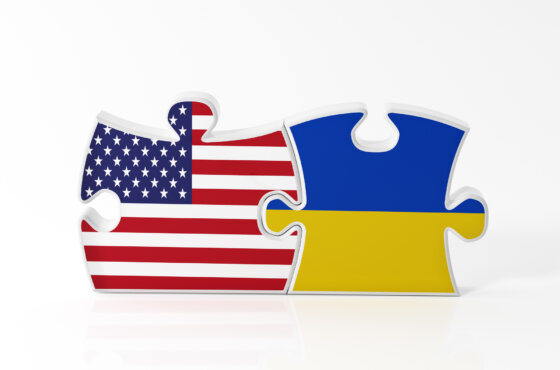About the linguistic game ERRORS
In high school, I had four minus in Russian, because with the existing teaching method this was one of the most uninteresting subjects. And I would have been completely lonely if it were not for linguistic GAMES. The simplest of them is a word game: who will make up more words from the letters of a given word. Sometimes one of the adults asked a verbal word - like: think up words that end in "with". Great help in improving my literacy in the 5-7 classes also had a solution to crossword puzzles, which I found in the magazine Spark. At the same time I came across a fascinating book by G. Ouspensky about entertaining moments in the language. For a week of reading, I learned about the Russian language more than ten years of school! But, apparently, this fact remains unknown to the Ministry of Education ...
But three years ago I returned to funny word formation, which I did a little during the dissident period in 1977-82 - largely under the influence of a colleague from the samizdat magazine “Poiski” and the brilliant master of changeling Volodya Gershuni. I published the first 70 errors (that’s what I call my verbal discoveries today) in the satirical story “The Sufferings of Zaiban” (under the pseudonym V. Green). All of them were on the topic of restaurant menus, so there was no desire to test my abilities in other areas. At that time, I knew only two funny words outside the menu: “falling in love,” invented by my teaching colleague at the Institute of Management, Mikhail Mushnikov, and the popular “louse.”
And at the beginning of 2012, I noticed that I myself had already invented a dozen funny words. From time to time I remembered this topic, and gradually new words came to my mind. At some point, I realized that the creation of new words can be organized more productively. Well, after that they fell down like a horn of plenty ...
And now about the main thing: what is the use of the game ERROR? And it consists of the following:
- prompts to pay attention to EVERY word, and without coercion, with interest and enthusiasm;
- compels to sort through all the meanings of the original word and, therefore, substantially study it, thereby willy-nilly, increasing its literacy;
- to invent a huge number of errors for a given word and in each new version try to find the original meaning; thus, new words describe unprecedented concepts and phenomena and give free rein to unlimited imagination;
- and to climb, to climb in dictionaries ...
So, if you want to join yourself or introduce your children to a useful drug, try to play in the ERROR.
The game has one more useful side: it teaches SYSTEMIC assessment of things. It turned out that almost all value criteria can be applied to a new word - aesthetic, logical, ethical, ideological, etc. I don’t know if any words were banned during the times of Hitler and Stalin, but a few words from my dictionary, and not at all not obscene, censorship banned - it turns out that some words (not phrases!) contradict Russian legislation! In addition, censorship removed my text consisting only of POINTS! Wow! As they said in the old days, insanity is getting stronger... But they won’t tease the beast, because, as the great Galich wrote, “Oh, it’s not necessary out loud, oh, it’s not necessary!..”, and therefore closer to the topic.
At the birth of each fault, three semantic units are involved: the prototype (the original word), the subject (the new word, or the error) and the predicate - the definition of the subject.
So, a successful mistake is characterized by the following parameters:
- the meaning of the fault is opposite to the meaning of the prototype (for example, a folk fault: the leader is a thing);
- the error slightly differs from the prototype either in spelling or in pronunciation (so, in writing, louse is not the best case, but in pronunciation it is the very thing!);
- a wonderful case when the prototype does not change at all, but it is given a new definition (predicate) with a radically different meaning.
I think it’s unfortunate mistakes in which:
- nationalities, specific religions, names of settlements and countries, and to some extent the names of people are played up (since some people, and especially CHILDREN, scoff at heroes from famous anecdotes - Ninka, Petka, Vasya ... - refer to their own account) ;
- mock physical disabilities;
- hard to read and difficult to pronounce;
- Otshibki, in which the meaning and writing of the predicate and the prototype in much the same.
Well, impromptu something like that. Linguists can make out this topic more thoroughly.
So success to you!
Subscribe to ForumDaily on Google News










